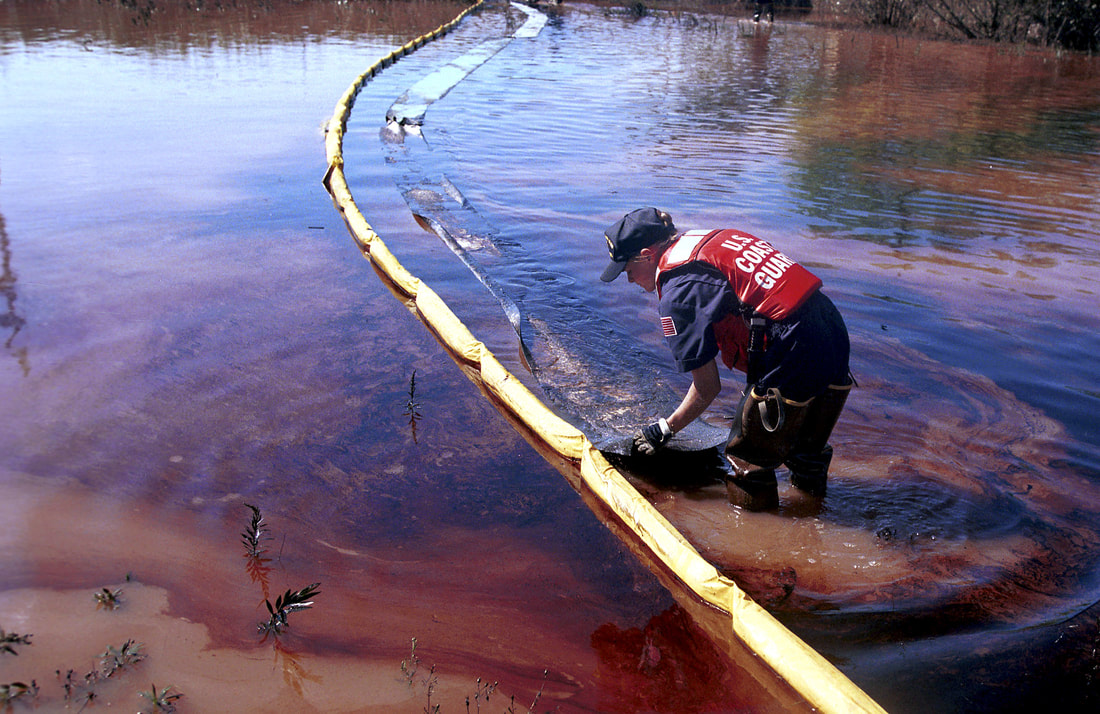Other KEY U.S. LAWS
Richard Udell, a Senior Trial Attorney in the Environmental Crimes Division, US Department of Justice, explains the origins and key points of the Oil Pollution Act of 1990 in respect to marine oil pollution.
|
OIL POLLUTION ACT
The Oil Pollution Act of 1990 (OPA 90), which was passed after the devastation of the Exxon Valdez oil spill in Alaska, updated The Clean Water Act (1972), which banned any discharge of oil into the navigable waters of the U.S. or any waters that affect natural resources in the U.S. exclusive economic zone in harmful quantities.
KEY PROVISIONS 1. It is a crime to negligently or knowingly discharge a “harmful quantity” of oil into US waters. 2. Any “person in charge” on a vessel that has discharged oil must immediately report the spill to the National Response Center. Failing to report an oil spill or leak to the government is a felony. Penalties: Individuals can be fined up to $200,000 per incident and up to five years in prison. Corporations can be fined up to one million dollars for each violation. |
Alert! |
PORTS AND WATERWAYS SAFETY ACT
The Ports and Waterways Safety Act of 1972 is mostly concerned with ensuring safety aboard vessels in US waters. It makes it a crime for “a person in charge” to fail to report a hazardous condition onboard a ship to the Coast Guard. “Hazardous condition” is defined in this act as “any condition that may adversely affect the safety of any vessel, bridge, structure, or shore area or the environmental quality of any port, harbor, or navigable waterway of the United States.” Failing to report a hazardous condition is a felony. Penalties: Individuals can be fined $200,000 per incident and up to five years in prison. Corporations can be fined up to a $1 million for each incidence. |
